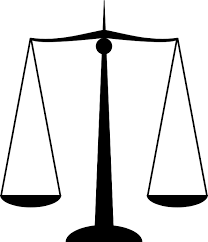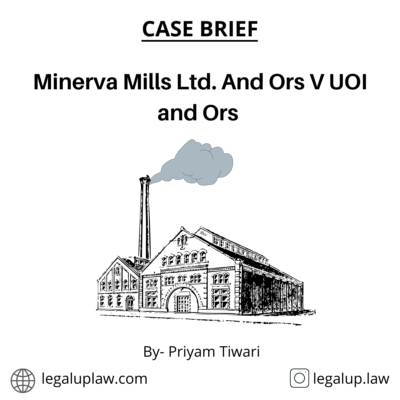LegalUp’s snippy – The case ADM Jabalpur V Shivkanta Shukla is an infamous case that is based on the writ of Habeas Corpus. it is a writ that orders that a person cannot be kept in prison unless they first been brought before the court. The court reserves the power to decide whether a person will be jailed or not.
Table of Contents
Introduction of the case

This case is related to the time when the President of India, Fakhruddin Ali Ahmed, had imposed a National Emergency, claiming that there was a threat to the security of India due to some internal disturbances.
What is National Emergency?
Part XVIII of the Indian constitution lists three emergencies:
(i) National emergency
(ii) State emergency
(iii) Financial emergency
Article 352 of the Indian constitution gives the President of India the power to declare a state of national emergency when there is a threat to India’s security and integrity due to either any external aggression or an armed rebellion. the President can empose national emergency only when the Prime Minister of India and his council of ministers advise him so.
During a national emergency, all the fundamental rights except articles 20 and 21 stand suspended.
Facts of the case
It all started when on June 12, 1975, when the court declared Indra Gandhi, the then PM of India to be ineligible for seeking election or for holding office for the next six years because she was convicted for being indulged in the wrong practices.
After this, Indra Gandhi appealed to the Supreme court and she was then given a conditional stay. because of the SC’s decision, she became dysfunctional in Lok sabha and saw this as a political threat. as she wanted to hold the chair of the PM, she urged the then President, Fakhrudin Ali Ahmed, to impose a national emergency.
On 25 June 1975, he proclaimed a national emergency stating that there was a threat to Indian security due to internal disturbances. on 27th June 1975, he declared that under clause (1) Article 352, any person’s right (including foreigners) to approach the court for application of their rights guaranteed by article 14, 21 and 22 shall be suspended for the time till the national emergency is imposed.
After this, under the Maintenance of Internal Security Act (MISA), anyone who was seen as a potential threat to the authorities or anyone who wished to openly put up their political opinions was taken into custody without trial. Many leaders including Atal Bihari Vajpayee, Morarji Desai, Jay Prakash Narayan, and Lal Krishna Advani were arrested under preventive detention as they were seen as a potential threat to Indra Gandhi.
These arrested people had then filled petitions across many HCs throughout India. most of the high courts gave verdicts in favour of these petitioners. one such verdict was given by the high court of Jabalpur and this verdict prompted the Indra Gandhi government to move to the Supreme court and this became the case of ADM Jabalpur v Shivkant Shukla.
Issues of the case
- Whether someone can move a writ petition to a high court to challenge the legality of the order of detention during the time of emergency?
- Was the writ of habeas corpus maintainable during the time of emergency?
Judgement
On 28th April 1975, the majority decision of the 4:1 ratio was given by the bench. The majority of the judges concluded that as per article 359 (1), the writ of habeas corpus cannot be preserved when an emergency is imposed.
They declared that the court had no power to question the detention made in accordance with section 16 A(9) and hence no person will be in a position to move to the court for retention of their rights during the time of emergency.
Conclusion
On reading the judgment of this case it becomes clear that there can be multiple perspectives on the issues in question. The writ of habeas corpus is very crucial as it determines a person’s right to freedom and liberty.
But in this case, we can see the right of personal liberty and freedom being compromised during the imposition of emergency.






